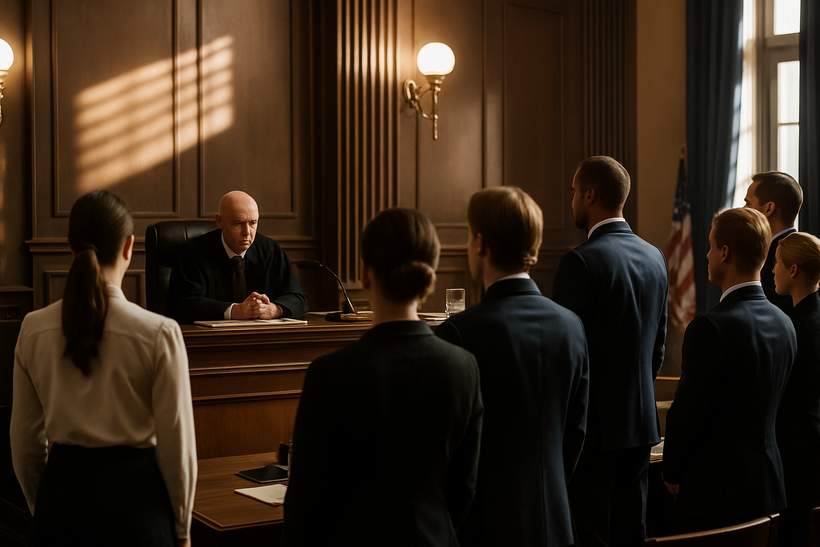Nevada’s Legal Battle with Kalshi Over Prediction Markets Advances

Nevada Seeks Extensive Internal Documents from Kalshi in Legal Dispute
Nevada’s Attorney General has formally requested a federal court to compel prediction market operator Kalshi to disclose a wide array of internal communications and documents. This move aims to determine whether Kalshi’s sports event contracts comply with Nevada state law.
State Lawyers Demand Evidence and Challenge Kalshi’s Request to Avoid Fact-Finding
In a motion filed with the US District Court for the District of Nevada, the state’s legal team emphasized the necessity of obtaining detailed evidence about how Kalshi structures and operates its contracts. They are also seeking information regarding Kalshi’s discussions with the Commodity Futures Trading Commission (CFTC) officials, including the chair nominee, as well as insights about Kalshi’s institutional market makers, lobbyists, and marketing partners involved in Nevada operations.
This discovery push follows Kalshi’s argument that the dispute hinges on legal interpretation, asserting that federal law supersedes Nevada’s gaming statutes and therefore seeking to avoid prolonged fact-finding. Nevada countered these claims, stating that without access to internal data, many of Kalshi’s assertions—such as purported threats to its business viability—cannot be evaluated.
The state’s attorneys accused Kalshi of attempting to restrict the scope of fact-gathering while simultaneously submitting evidence to fast-track the case toward a quick resolution, potentially bypassing a full trial. They also questioned Kalshi’s objection to discovery demands by highlighting the company’s valuation of $2 billion following a recent funding round.
Central Legal Conflict: Nevada Gaming Laws Versus Federal Regulation of Prediction Markets
The state’s document requests include all sports-related contracts available to Nevada residents, records demonstrating compliance with state gaming laws, correspondence with market makers like Susquehanna International Group, and analyses of the economic impact of Kalshi’s contracts.
The controversy began in March when the Nevada Gaming Control Board issued a cease-and-desist letter to Kalshi, accusing the company of operating unlicensed sports betting and election contracts within the state. Kalshi responded by filing suit, arguing that under the Commodity Exchange Act, the CFTC has exclusive jurisdiction over its products. In April, the company secured a temporary court order allowing continued operations in Nevada pending a final ruling.
Nevada’s overarching legal stance insists that federal law does not preempt state gaming regulations. The state argues that existing federal statutes do not nullify Nevada’s authority over gambling activities within its borders, invoking long-established police powers to assert jurisdiction.
The court has yet to rule on Nevada’s discovery requests or Kalshi’s motion seeking a swift judgment. The outcome of this case holds significant implications for the regulation of prediction markets offering sports-related products and the balance between federal oversight and state gambling laws.